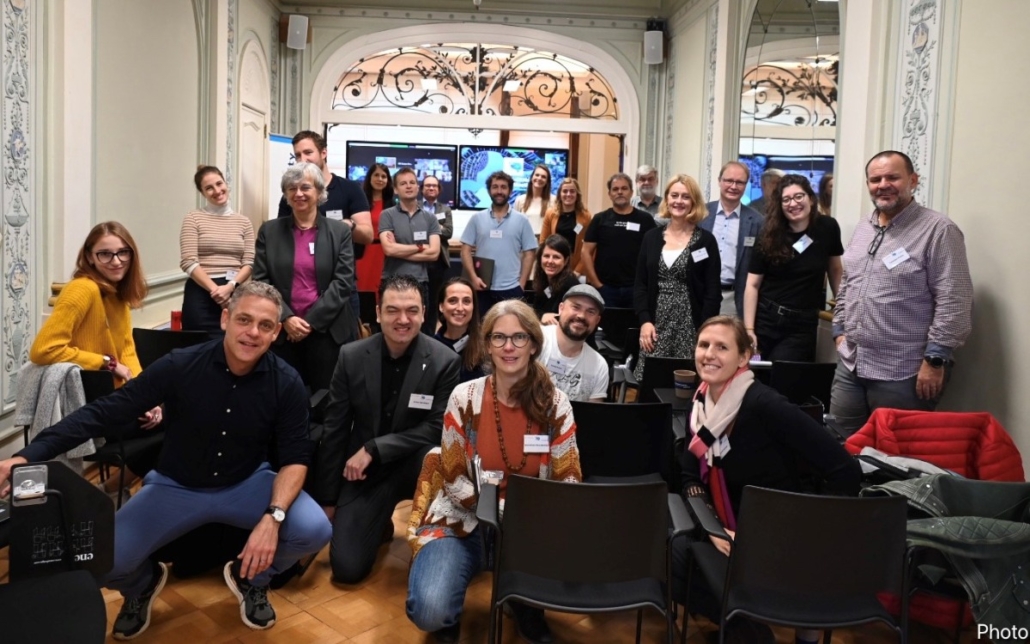
EU starts largest study on factors affecting mental health
The EU Commission has granted £8.4m for Youth-GEMS, the largest ever study to identify genetic and other risks affecting mental health in adolescence.
the 16 research groups involved in the Youth-GEMS study will be coordinated by the University of Maastricht. Its goal is to improve the understanding of the long-term development of mental health, the identification of early risk factors and early intervention in young people at risk of trauma or mental illness, which is by far the most pressing health problem for European young people. "We want to understand how genetic, epigenetic and environmental factors interact to cause or prevent mental health problems in young people," said Professor Bart Rutten at Maastricht University upon the kick-off of the project.
Besides Maastricht University and the University of Exeter, 16 institutions in nine countries, including the Netherlands, Germany, Ireland, Italy, Spain, the United Kingdom, Estonia, Croatia, Serbia and Australia, will participate in Youth-GEMs. The team will work together with Euro Youth Mental Health to set up a European learning community of young people with experience of mental illness who will be actively involved in the various project components.
The researchers will follow the development of adolescents and develop predictive models and identify genetic and environmental risk factors for mental health problems. This offers opportunities for earlier intervention in young people before the symptoms of mental illness occur.
Youth-GEMs is the largest ever study of adolescent mental health development in Europe. Dr. Guloksuz, Associate Professor at Maastricht University Medical Centre says: "Data will be collected across Europe from 1,000 help-seeking young people between the ages of 12 and 24, and we are using new artificial intelligence methods and digital mobile technology. Most importantly, we will create an international network to involve young people in every step of the process, so both youth and scientists will benefit from each other’s expertise".



 adobe.stock.com - ipopba
adobe.stock.com - ipopba BioDlink
BioDlink